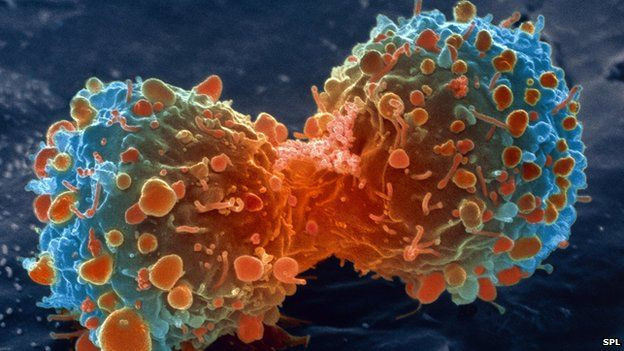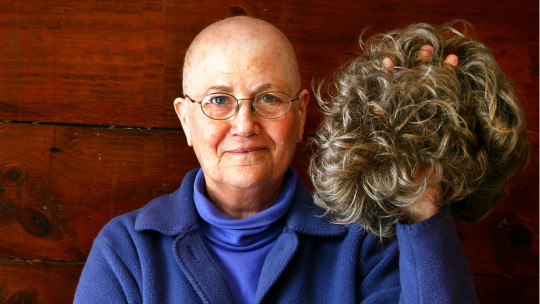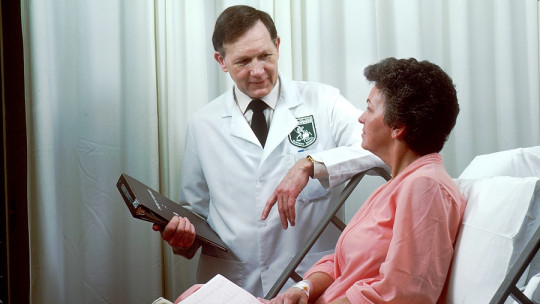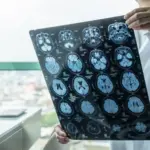It’s no wonder that if you hear the word cancer, a shiver runs through you. Surely you know someone close to you who is a victim of this disease, or you may even suffer from it or have suffered it yourself; No one is immune to this disease that destroys lives in its wake.
According to data from the World Health Organization (WHO), it is one of the main causes of mortality worldwide, and the death toll from this cause increases over the years.
That is why it is important to know the tools we have to face this reality. And, among these aids, is Psycho-Oncology, which I would like to talk to you about.
The psychological impact of cancer
For cancer patients, The disease brings with it physical, emotional and social difficulties. The high levels of depression, anxiety and anguish that this pathology entails make it necessary to recognize the role of psychological and emotional problems in cancer patients and their families.
Different studies show that between 30 and 50% of people who suffer from the disease present some psychological alteration susceptible to psychological treatment, The most frequent being adjustment disorders, anxiety and depression. The family and main caregivers of the patient also show a high degree of suffering. The role of the family and their support in the face of cancer is of crucial importance for a good adaptation of the patient to the disease.

What is Psycho-oncology?
The branch of psychology in charge of intervention and advice for both people affected by cancer and their families and caregivers, It is known as Psycho-oncology.
This discipline provides important benefits to cancer patients and their families: provides emotional support, reduces the impact that the disease generates on the affected person and their environment, it provides coping skills, management and adaptation to the disease, helps to understand the disease by facilitating medical adherence, and improves communication with the medical team.
In short, Psycho-oncology aims to promote the quality of life of the patient and their loved ones in the different phases of the oncological disease.
Psycho-oncology according to the phases of the disease
The intervention of the psycho-oncologist differs depending on the evolution of the cancer since the psychological manifestations change depending on the stage of the disease in which the patient is, their symptoms and the treatments received.
This can intervene in different phases throughout the evolution of the disease.
1. Diagnostic phase
The response upon receiving the diagnosis usually consists, after an initial moment of shock in intense emotional responses that include sadness, anger, anxiety, feelings of helplessness, depression, etc. Therefore, the work of the psychologist seeks to mitigate the emotional impact that a cancer diagnosis triggers, provide the patient and their families with emotional support and coping strategies to deal with the disease.
2. Treatment phase
Cancer treatments (surgery, chemotherapy, radiotherapy) are aggressive, painful, uncomfortable and have multiple side effects. Therefore, psychological support, treatment to manage pain and relieve emotional distress They can help the patient adhere to medical treatment.
3. Remission phase
At this stage where the cancer has remitted, the intervention of the psycho-oncologist is based on facilitating the expression of fears and concerns both for the patient and their families, due to the uncertainty and the threat of presenting the disease again. It is important for the psychologist to consolidate a close therapeutic bond, address emotional disturbances and provide the necessary psychological tools to be able to return little by little to normality.
4. Relapse phase
It is a stage of great impact because it triggers intense emotional reactions (rage, anger, aggression, despair, etc.). The intervention by Psycho-oncology in this period consists of addressing and treating depressive and anxious states that can be generated in the patient and their families and work on adaptation to the new pathological state.
5. Terminal phase
Some of the emotions that usually surface in this phase are denial, anger, depression, isolation, aggression and fear of death. To the patient palliative care is provided that is, the patient’s cure is no longer possible and the aim is for him to receive the best care in his transition until death. To do this, it is necessary to address psychological difficulties, manage pain and physical symptoms, offer social, emotional, and spiritual support and enhance control strategies in the terminally ill.
6. Death
When death is imminent, the task arises of accompanying the patient in the process of dying and his family in grieving, with the aim of preventing pathological grief. The psycho-oncologist must address the different emotions that the patient faces when faced with the proximity of death in order to channel his feelings, guide him to close his pending issues and accept his new reality.
7. Duel
Psychological treatment is aimed at helping family members and friends faced with the loss of a loved one, accepting their absence, working on the emotions and pain it generates, to be able to adapt to life without the deceased person.
As we have seen, the work of the psycho-oncologist is of crucial importance to reduce the anxiety and depression that a high number of cancer patients and their families present, supporting them in all phases of the disease, achieving a better adjustment, and less suffering in this difficult time. battle against the disease.









